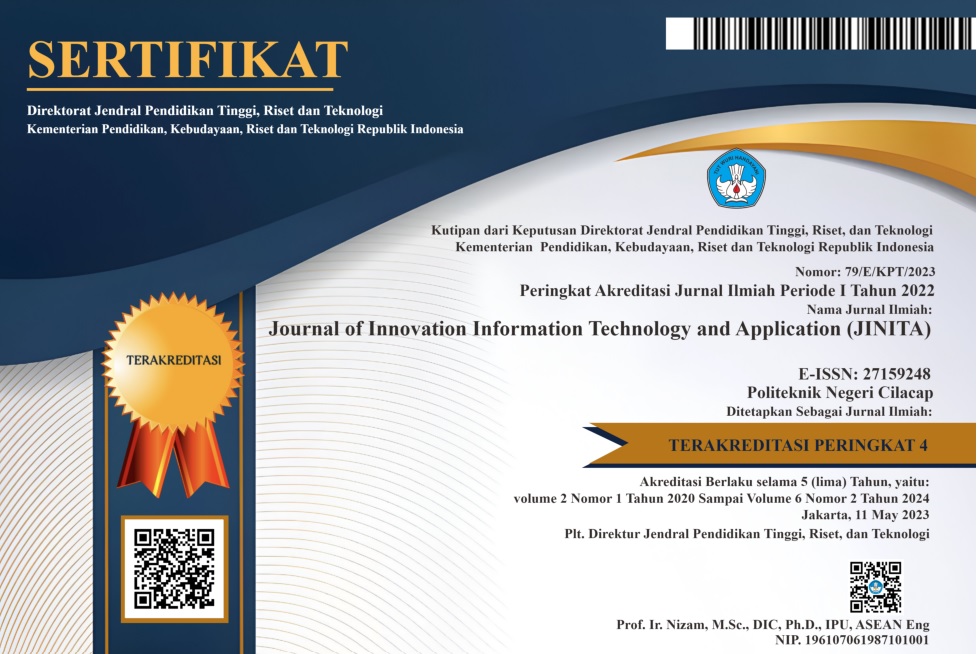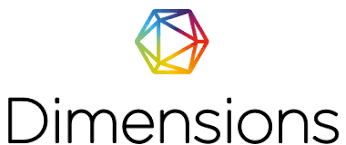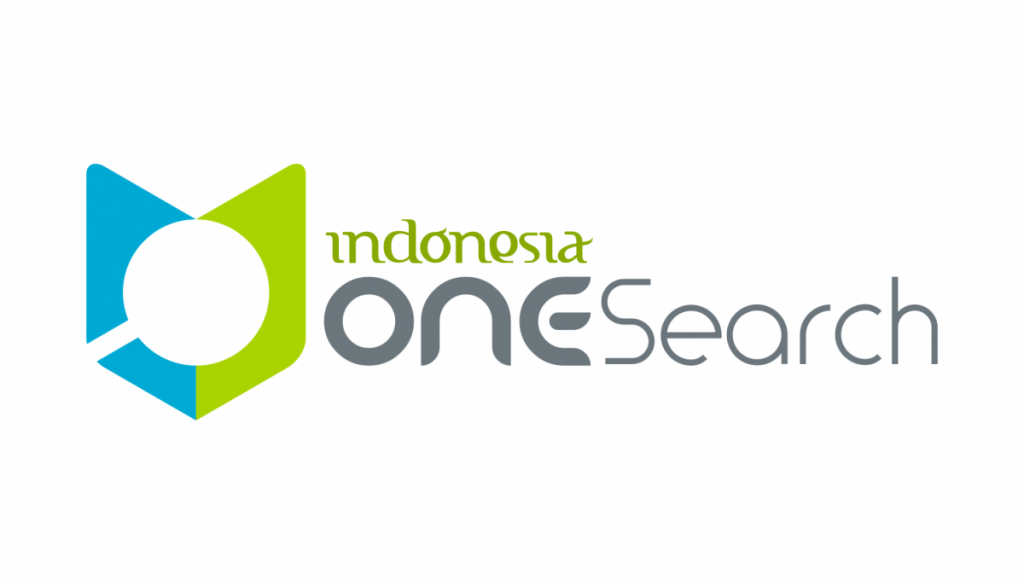Sistem Pendukung Keputusan Kelayakan Penerima Program Keluarga Harapan (PKH) Menggunakan Metode TOPSIS dan Metode WP
 Abstract views: 331
,
Abstract views: 331
,
 PDF (Bahasa Indonesia) downloads: 259
PDF (Bahasa Indonesia) downloads: 259
Abstract
Program Keluarga Harapan (PKH) is a program from the Indonesian government in the form of providing conditional social assistance to families or poor people who are registered in the integrated data for the poor handling program. As for recipients of assistance can be assessed from several criteria including building area, type of floor, type of wall, defecation facility, source of drinking water, source of lighting, type of fuel for cooking, frequency of buying meat and chicken in a week, frequency of eating in a day , The number of sets of new clothes purchased in a year, access to health centers, access to employment, the latest education of household heads and ownership of several assets. In this study will build a decision support system with calculations using the Technique For Orders Reference by Similarity to Ideal Solution Method (TOPSIS) and Weighted Product Method (WP). Then the final results of this study can be used as an alternative priority for the government in sorting based on the calculation results of the criteria of each family or PKH beneficiar
Copyright (c) 2020 Journal of Innovation Information Technology and Application (JINITA)

This work is licensed under a Creative Commons Attribution 4.0 International License.
Authors who publish with this journal agree to the following terms:
- Authors retain copyright and grant the journal right of first publication with the work simultaneously licensed under a Creative Commons Attribution License that allows others to share the work with an acknowledgement of the work's authorship and initial publication in this journal.
- Authors are able to enter into separate, additional contractual arrangements for the non-exclusive distribution of the journal's published version of the work (e.g., post it to an institutional repository or publish it in a book), with an acknowledgement of its initial publication in this journal.
- Authors are permitted and encouraged to post their work online (e.g., in institutional repositories or on their website) prior to and during the submission process, as it can lead to productive exchanges, as well as earlier and greater citation of published work (See The Effect of Open Access).
















